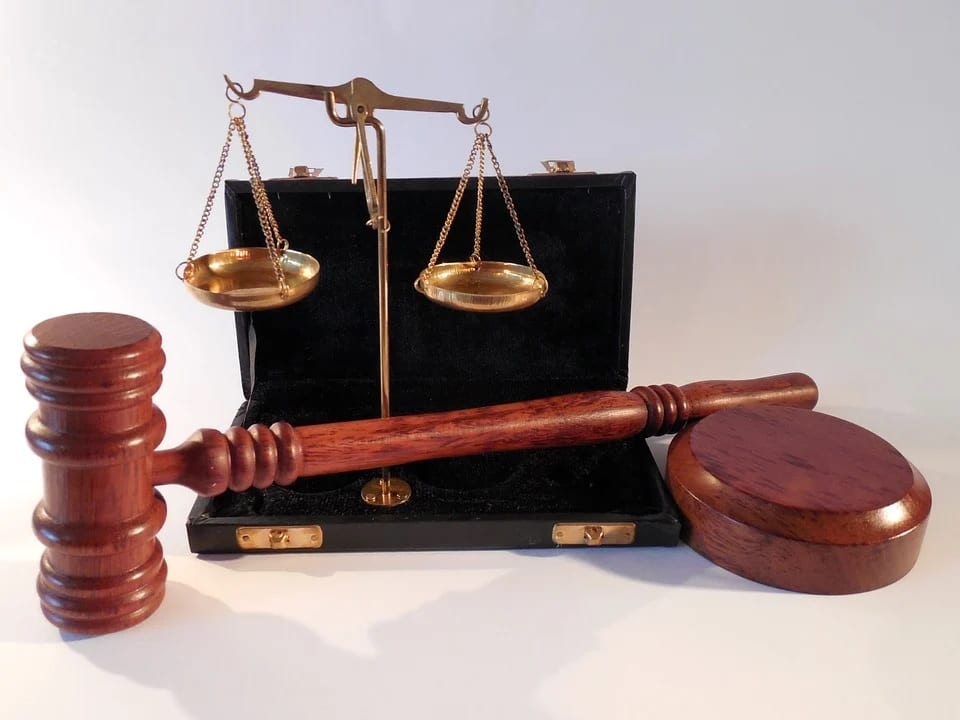This year citizens will vote to elect their representatives at the local level who will undertake the implementation of the reform in their department, municipality, community and district. Leaders of the new local government authorities must respond to their mission, exercise powers and responsibilities to strengthen democracy at the local and wider level and facilitate development of their community. Their mission should be to improve citizens’ lives as they regulate and manage a significant part of public affairs. The new authorities will be closer to the citizen, having discretion to adapt exercise of their responsibilities and powers to local conditions.
As democratically elected decision-makers, they are expected to give meaning and value to the reform of the local government for its essential modernisation, to improve the standard of living of citizens in the place where they live and work. Among their responsibilities are the areas of development and infrastructure, cleanliness, health and quality of life, social welfare and social cohesion, education and culture, security and civil protection, the environment and the fight against climate change. The provision of services, urban planning, digital upgrading and the encouragement of citizen participation in local affairs are also within their duties. There will be sufficient financial resources from taxes, fees, royalties and state grants and they will be able to dispose of them freely within the framework of their powers.
Elected councils will be called upon to manage all local affairs in the enlarged boundaries, with a requirement for full legality, good governance, transparency and accountability. In the context of exercising their responsibilities, they must take into account government and European policy, the available resources and their balanced distribution within the framework of their financial capabilities.
They must approve an organisational chart and staffing with the intention of providing quality services to the local population and deal with issues that will arise from the transition as municipalities and communities merge into new municipalities.
As regards the district self-governing organisations through their elected presidents and councils, they will assume their own responsibilities and powers in relation to planning and environmental management issues, urban planning enforcement and implementation of the provisions of the Streets and Buildings Regulation Law and Regulations.
The councils of the small communities that are scattered across various rural areas, can with their work contribute to decentralisation and reform, promoting the voluntary amalgamation with the newly established municipalities or neighbouring communities, creating the possibility of their evolution into a municipality in the future. Their participation in community service clusters and their cooperation with other local authorities will contribute to the better administration of local affairs under their jurisdiction.
The representative body of municipalities and district self-governing organisations in the European Union is the Committee of the Regions, an institution consistent with the Treaty of Lisbon. Through this they will be able to formulate proposals in areas concerning the local and regional level. The Commission’s work is governed by the principles of Subsidiarity, Proximity and Partnership. The first one ensures that the decisions within the EU are taken as close as possible to the citizen and that the EU will avoid actions that can be better achieved at national and local level. The second ensures transparency and that the citizen is heard through governance that is on their side and the third ensures good European governance through cooperation at a European, national and local level.
George Coucounis is a lawyer specialising in the Immovable Property Law, based in Larnaca. E-mail: [email protected], tel: 24818288







Click here to change your cookie preferences